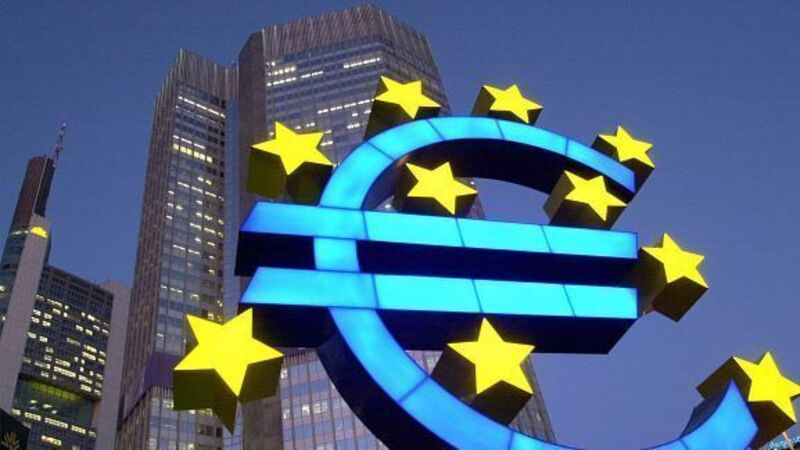Eurozone economy on ‘modest’ growth path

A sharp fall in global oil prices last year raised hopes of a boost to consumer spending which, coupled with the European Central Bank’s stimulus programme and a weaker currency, would accelerate the growth momentum seen in the first quarter.
However, almost half a year into the ECB’s €60bn a month bond buying scheme and with oil prices not far off January’s low levels, predictions for growth, inflation, factory output and unemployment are yet to change meaningfully. The poll of almost 70 economists, taken in the past week, showed GDP growth would languish between 0.3% and 0.5% each quarter from now until the end of 2016 in the eurozone and its largest economies — Germany, France and Italy. That is consistent with annual growth rates of 1.4% in 2015 and 1.7% next year for the eurozone and slightly higher at 1.8% and 1.9% respectively for Germany. The outlook is even weaker for France and Italy, the latter of which peeped out of recession at the start of the year to report tentative growth for the first time in three years.
















